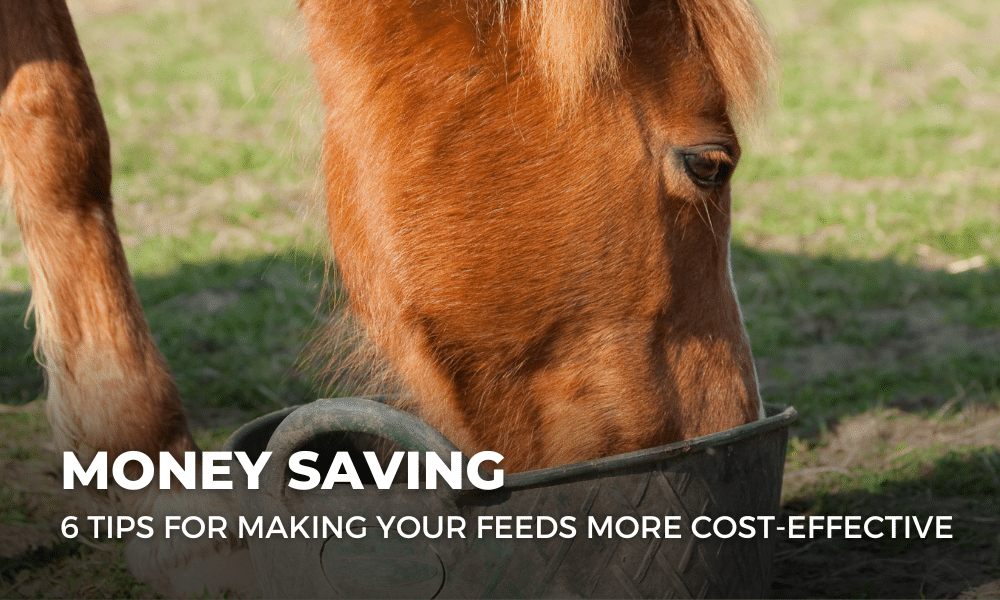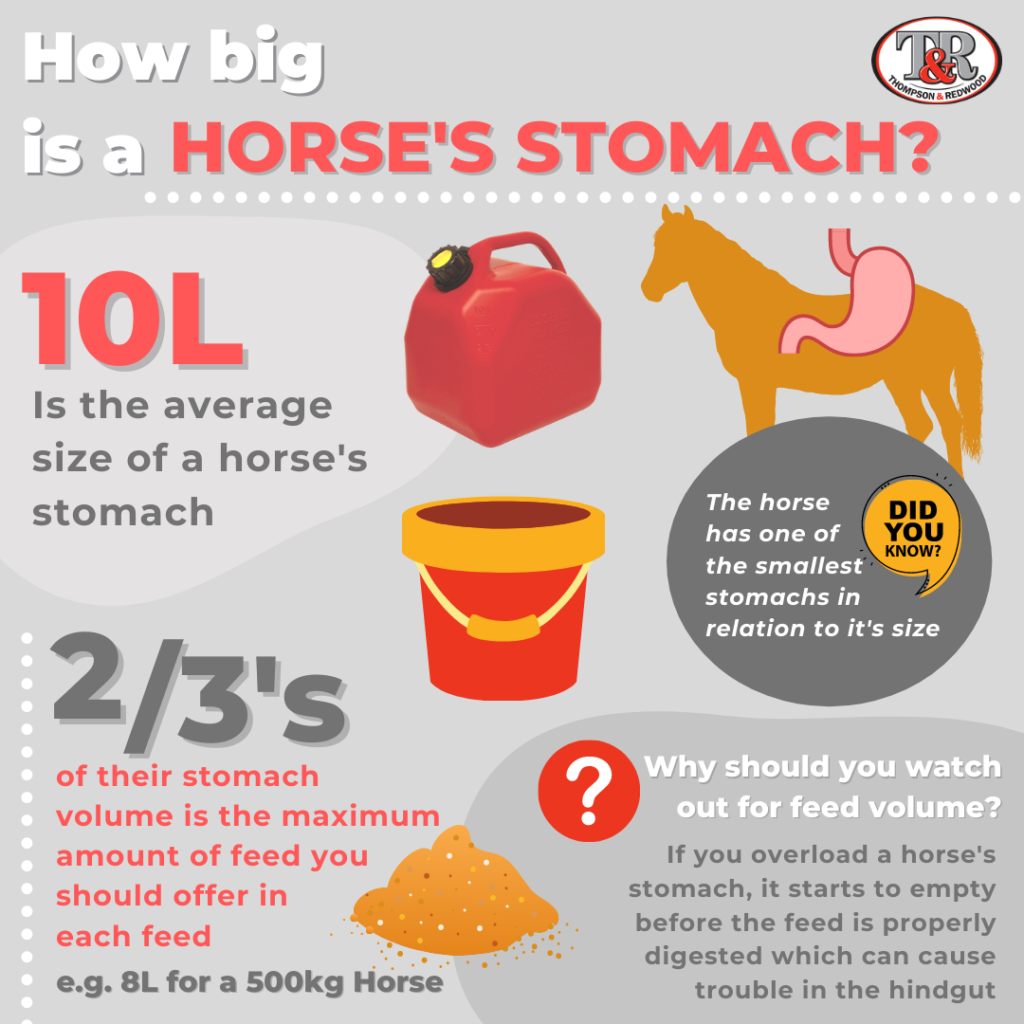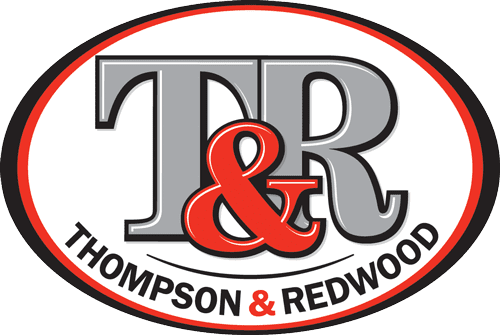
16 Aug 6 Tips for Making Your Horse Feeds More Cost-Effective
With many costs in our lives rising, now is the time to make sure your horse’s feeding regime isn’t costing you more than it should! Here are a few simple steps you can follow that can help you make sure your horse is getting the most out of what they are eating:
- Minimise feed wastage
- Balance their ration
- Solve any underlying problems
- Feed for gut health
- Keep your feed volumes small
- Get to know your horse’s feed
1. Minimise Feed Wastage
Is your horse dropping feed or knocking over their bucket constantly? Do they waste a lot of their hay? Sometimes adjusting your buckets and feeders or picking hay up off the ground minimises wastage and can save you a lot of money in the long run. If you feed horses together too, make sure no-one is stealing anyone else’s feed! Horse paddock hierarchy can be very strong, and even if you don’t realise it – someone may be getting more than the lions share!
2. Balance their ration
This is a biggie! Overfeeding or underfeeding doesn’t help your horse or your pocket. This doesn’t just mean in volume, but in the amounts of key nutrients like energy, protein, vitamins and minerals. It’s so important to get the ratios right as any deficiencies or overloads in one nutrient, can limit the uptake of another. You may find too that when you balance their ration that you might not need to feed all those expensive supplements. We offer a FREE DIET ANALYSIS service so can help you with this one.
3. Solve underlying problems
Issues like bad teeth, worm burdens and ulcers can prevent horses from getting the most out of their feed. While it may cost you to treat some of these issues, fixing the problems can save you a lot of money by improving the horse’s ability to digest what they’re eating.
4. Feed for gut health
A healthy gut improves your horse’s ability to digest its feed and absorb the necessary nutrients. It’s also vital for their overall health and happiness! Quality fibre that is low in sugars and starch helps to feed the healthy bacterial populations in the hindgut. These bacteria are the ones responsible for fibre fermentation in the hindgut – without them our horses can’t digest the fibre in their diets.
5. Keep your feed volumes small
The horse’s stomach isn’t actually that large for how big the animal is. Feeding too much at one time can lead to the stomach emptying before it’s digested the contents properly. This reduces the feed conversion efficiency and can lead to issues in the gut. Keep feeds under 2/3’s the total volume of their stomach (around 8L for a 500kg horse.)

6. Get to know your horse's feeds
When did you last look at the ingredients on the bag? Or the feeding guide? Or where the feed was made? Get to know your feeds and look for feeds made from quality ingredients, because not all fibre and protein sources are created equal! Try to use feeds with protein and energy from quality, natural ingredients which will give you more bang for your buck. Watch out – the cheapest feeds on the market can actually have fewer and lower quality ingredients. And the most expensive ones don’t always mean they are higher in quality – it may just be a because of a brand name or due to freight overheads.
At Thompson and Redwood we are proud to offer a range of complete feeds made from only quality, fresh ingredients. They’ve been developed by our vet and nutritionist team to provide balanced nutrition and keep feed time simple and cost-effective. Have a chat to us today for help balancing your horse’s diet, or for more information on any of our products.



No Comments